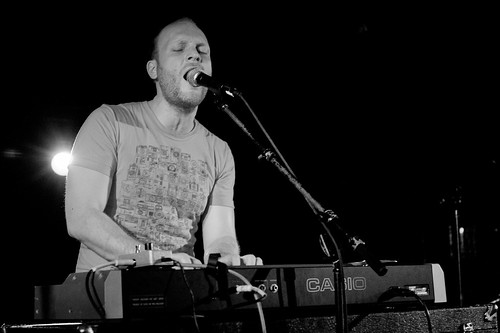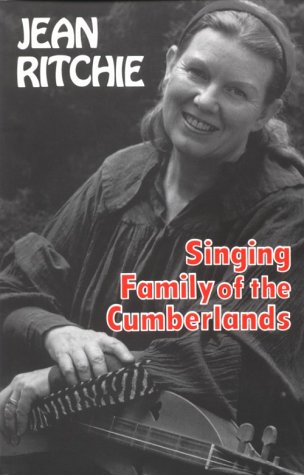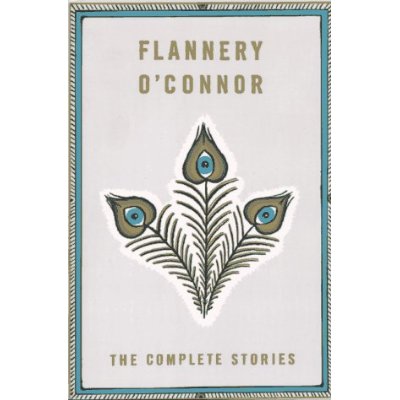oh yeah, people read this
Running into the rad Tarky on Monday reminded me that people read this and that there’s been a lot that’s happened since I really updated.
Apartment:
- I live in one now, having moved in last week. It’s a 1 bedroom in an old building. I found a promotional book about it written in 1899. I believe the building is on the National Registry of Historic Places.
Jeans:
- I wear jeans now. Weird, right?
Some things I like about Boston:
- Friends. I have them here.
- Beer bars. There are some great ones. The bar across the street (warning: link has autoplay music) has 31 beers on tap.
- Walking. I walked over five miles yesterday just running errands. And I can walk around at night.
Travel
- Since I got back to the US America, my route has been something like: Charlotte->DC->Philadelphia[1]->DC->Charlotte->Boston->New Hampshire->Boston->Philadelphia->New York City->Boston->New Orleans->Boston->Charlotte->Boston (via Philadelphia and New Haven)
- I went to New Orleans for Gumbeaux’s wedding. It was a grand time. The wedding and the reception were in an old jazz hall. Fantastic food, good people, the whole lot. I wore my new suit (see below) and read Seamus Heaney’s “Scaffolding” at the request of the couple.
- Rural Alberta Advantage @ the Middle East 3/9–It was really great to see these guys again. They put on a super energetic set of their trademark earnest fuzz-folk. This is the sort of show that reminds me why I like live music.
- Amiina @ the Middle East 3/19–Sigur Ros’ string section has their own band, called Amiina. They make really pretty music in their own right. The only problem was there was a loud show going on either at the Middle East Upstairs or TT’s so it disrupted the quiet music Downstairs a bit.
- Matt Pond PA @ the Middle East 3/20–I hadn’t seen this band in 8 years but I went because my friend Shawn now plays cello in the band. And they were really great. Great mix. Great song selection. Just a show I was really glad to be at overall. And it’s also a thrill to see your friend play all these songs you know and love.
Books
- Blood Sweat and Chalk by Tim Layden — Basically a book about the development of modern football strategy. I haven’t read many books about football but I really thought this one was interesting. Chapters cover things like Cover 2 and Zone Blitz and really explains both how they work and how they came about. A worthwhile read for anyone who spends a lot of their time in the fall watching football on TV.
- Freedom by Jonathan Franzen — Time’s “Great American Novelist” has gotten quite a lot of hype about this book. I liked Corrections so I wanted to read this one. It’s a very good book. Very good character development and it weaves together many different stories without making any of them seem superfluous. I wouldn’t call it amazing, but it’s worth a read.
- I’m now reading Garry Wills’ Lincoln at Gettysburg and Junot Diaz’s The Brief and Wondrous Life of Oscar Wao. Both are good so far.
Movies:
- True Grit — A very well put together film. I loved the acting, particularly by Jeff Bridge and Hailee Steinfeld.
- Social Network — I finally saw it. Very interesting film. I know it’s not exactly true, but still gives some insight into how the whole thing came about.
[1] Philadelphia and Wilmington, DE in most cases





